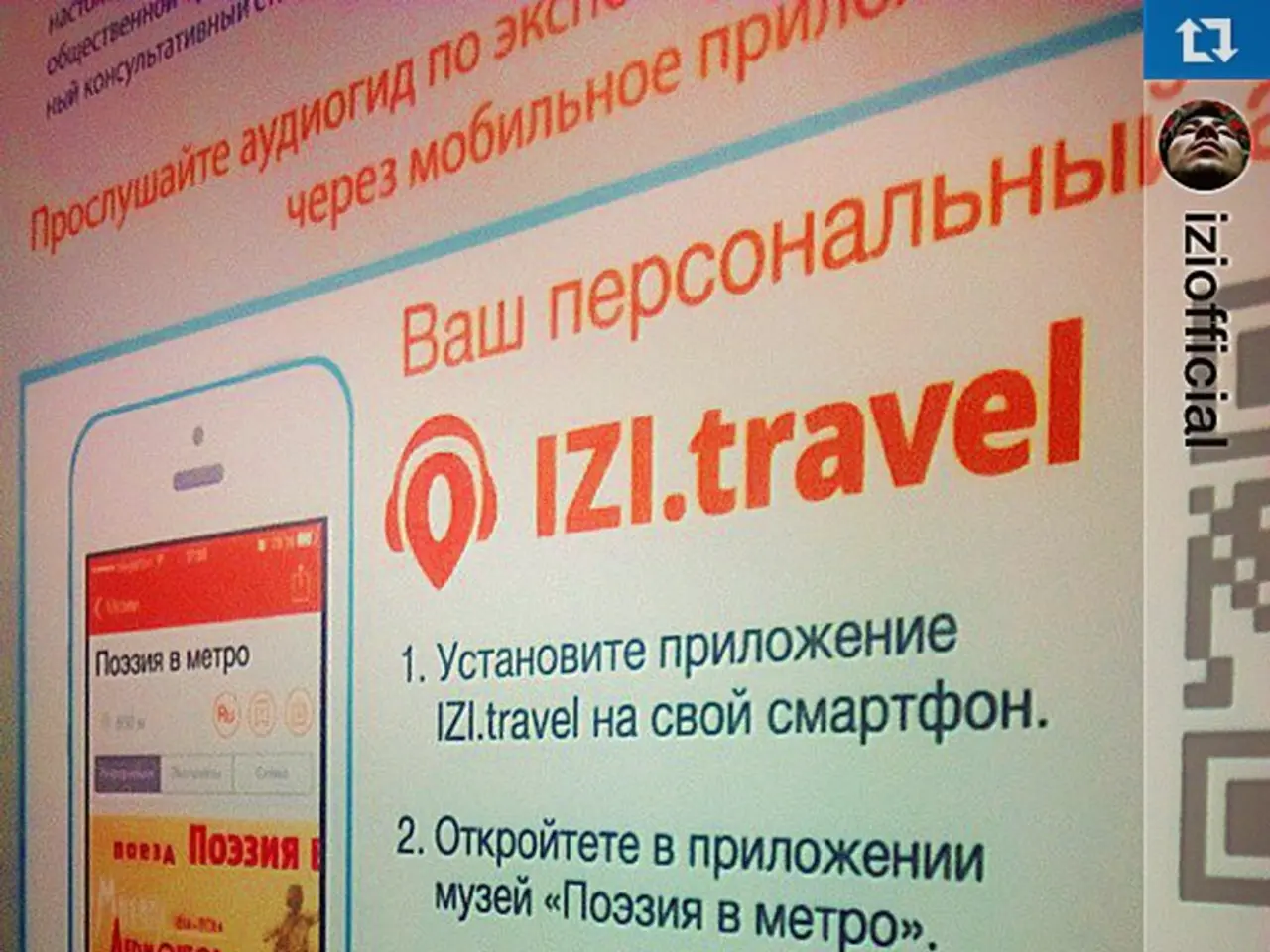Unsecured Public Wi-Fi: enjoying free connectivity... with potential data compromise
In our increasingly connected world, the convenience of public Wi-Fi networks comes with a hidden cost—potential compromises to personal data privacy and security. A study by Concordia University researchers in 2019 revealed that many public Wi-Fi networks share personally identifiable information (PII) with third parties [1].
When connecting to a public Wi-Fi network, personal data such as identity, movements, and habits are often collected [1]. One unique identifier that allows devices to be identified on local networks is the MAC address, a unique identifier assigned to each network card [2].
A 2023 study by The Hacker News found that users are often unaware of these practices, as they appear to work normally. The study found that 18% of these networks share email addresses, 15% share the user's full name, 12% share profile photos, and 5% share the date of birth, current city, current job, and LinkedIn title [1].
The risks associated with public Wi-Fi are not just limited to data collection. Cybercriminals often use unencrypted or poorly secured public Wi-Fi networks to conduct Man-in-the-Middle (MITM) attacks [1]. These attacks enable attackers to spy on your internet activities, steal information, and even take control of accounts [1][3][5].
Another concern is the creation of fake Wi-Fi hotspots by cybercriminals, who mimic legitimate ones to trick users into connecting and exposing their data to monitoring, malware installation, or theft [1][3]. Public Wi-Fi may also be exploited to distribute malware directly to your device if it lacks proper security [1].
Session hijacking is another risk associated with public networks, where hackers can steal your session cookies, allowing them to impersonate you and gain unauthorized access to websites or services [1].
To mitigate these risks, it is strongly recommended to avoid using public Wi-Fi for sensitive activities like online banking, shopping, or accessing confidential work data [2]. Using a Virtual Private Network (VPN) to encrypt your internet traffic and create a secure "tunnel" over the public network can protect your data from interception [2].
Ensuring that websites you visit use HTTPS adds encryption at the website level, providing an additional layer of security [2]. Keeping your device’s security software up to date and disabling automatic Wi-Fi connections to unknown networks are also crucial steps to protect yourself [2].
In summary, while public Wi-Fi offers convenience, it poses substantial risks to personal privacy and data security, requiring careful precautions to stay safe [1][2][3]. Understanding these mechanisms can help protect oneself and make informed choices. Preferring 4G/5G connections over open Wi-Fi is more secure, as the data goes through the phone operator's encrypted network.
The collection and use of personal data through public Wi-Fi networks can be used to increase a company's turnover by adapting marketing strategies. Big retailers use Wi-Fi to track customers' movements within stores by analyzing signal strength between phones and access points [4]. This data is used to create digital heat maps, showing where people stop, which aisles attract attention, and where to place promotional products [4].
In conclusion, while public Wi-Fi may seem like a free and convenient option, it comes with significant risks to personal privacy and data security. By taking precautions such as avoiding sensitive activities, using a VPN, and keeping security software up to date, individuals can protect themselves and make informed choices.
- The use of personal data collected through public Wi-Fi networks can potentially aid companies in enhancing their sales by tailoring marketing strategies.
- Sustainable living, an essential aspect of today's lifestyle, can be furthered by opting for 4G/5G connections instead of open Wi-Fi, as it ensures a more secure data transmission.
- Data-and-cloud-computing efforts can benefit from the use of Virtual Private Networks (VPNs) when accessing the internet via unsecured public Wi-Fi networks, as they help encrypt traffic and minimize potential data breaches.




